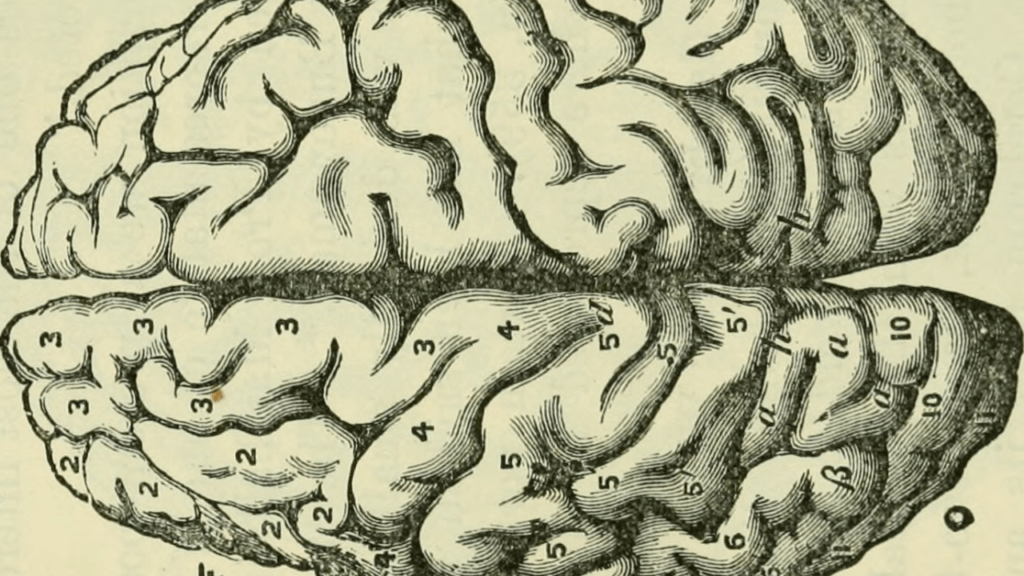What’s the difference between impulsive and compulsive behaviors? Understanding the distinctions is essential in addressing dual diagnosis conditions that intertwine addiction with mental health disorders. Learning how to compare impulsive vs compulsive behaviors can help individuals spot problematic behaviors in those who might need help or assistance with targeting and treating them properly.
What Is Impulsive Behavior?
Impulsivity is characterized by actions taken hastily and without forethought, often in response to external stimuli. These actions are typically unplanned and driven by a desire for immediate gratification or relief from discomfort. While spontaneity can be healthy, impulsive behaviors can lead to negative consequences, especially when they become chronic or disruptive. Impulsive behaviors are hallmarks of various psychological conditions, including addiction, ADHD, and certain mood disorders.

Characteristics Of Impulsive Behavior
- Spontaneous decisions: Acting without thinking about the consequences.
- Seeking immediate satisfaction: A strong focus on immediate rewards rather than long-term benefits.
- Lack of planning: Minimal consideration for future implications.
Impact Of Impulsive Behavior In Addiction
- Risk-taking: Increased propensity for engaging in risky behaviors, including substance abuse.
- Relapse potential: Higher likelihood of relapse due to difficulty in delaying gratification or managing cravings.
What Is Compulsive Behavior?
Compulsiveness involves repetitive actions that are usually driven by an internal urge to alleviate anxiety or discomfort. Unlike impulsivity, these behaviors are often methodical and can become ritualistic or obsessive. These behaviors are commonly associated with obsessive-compulsive disorder (OCD), addiction, and eating disorders.
Characteristics Of Compulsive Behavior
- Repetitive actions: Engaging in the same behavior repeatedly.
- Driven by anxiety: Actions aimed at reducing distress or preventing feared outcomes.
- Loss of control: Feeling unable to stop the behavior despite negative consequences.
Impact Of Compulsive Behavior In Addiction
- Self-medication: Using substances as a way to manage the distress or anxiety underlying compulsive behaviors.
- Addictive cycles: The compulsive use of substances can lead to addiction, creating a cycle where substance abuse intensifies the need for control.
Co-occurrence Of Behaviors With Addiction: A Dual Diagnosis Approach
The co-occurrence of impulsive and compulsive behaviors in individuals with addiction and mental health disorders requires a nuanced understanding for effective treatment. This dual diagnosis presents unique challenges and opportunities for recovery.
Tailored Treatment At Destination Hope
At Destination Hope, our focus is not just on treating symptoms but on empowering individuals to take control of their lives. We provide a supportive, nurturing environment where clients can explore their strengths and vulnerabilities. Our comprehensive approach includes:
- Individualized treatment plans: Tailored to address both addiction and underlying mental health issues.
- Therapeutic interventions: Including cognitive-behavioral therapy (CBT) and dialectical behavior therapy (DBT), focusing on managing impulsive and compulsive behaviors.
- Holistic care: Addressing physical, emotional, and spiritual needs.

Begin Your Journey Today
If you’re struggling with impulsive or compulsive behaviors, or if you’re facing the challenges of co-occurring addiction and mental health issues, remember that help is available. Destination Hope is your gateway to a healthier, more fulfilling life.
Call us at (888) 989-1479 for more information on our tailored programs and how we can assist in your recovery journey. At Destination Hope, we are committed to providing the highest quality care for mental health and addiction treatment. Our goal is to help men and women focus on recovery, providing the knowledge and tools necessary for a lifetime of growth and health.




